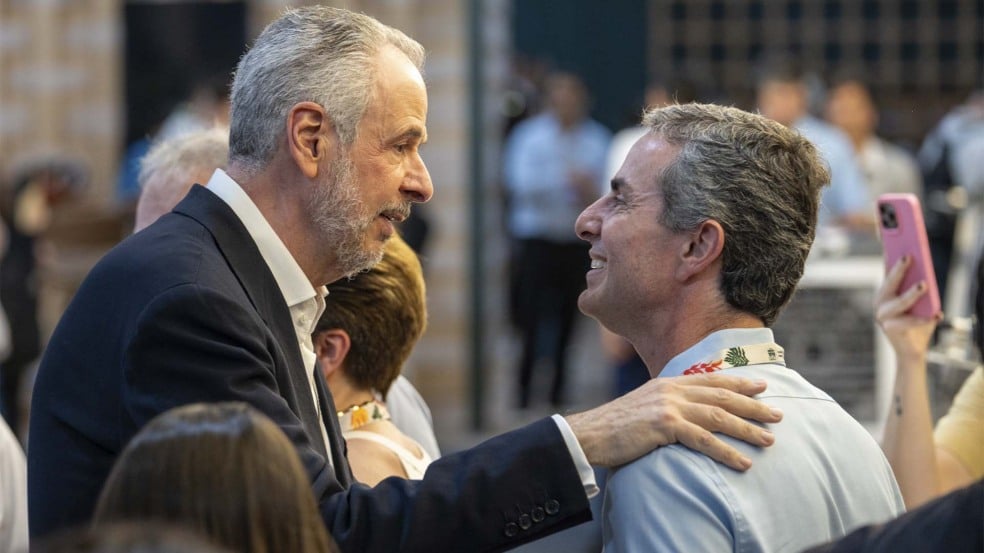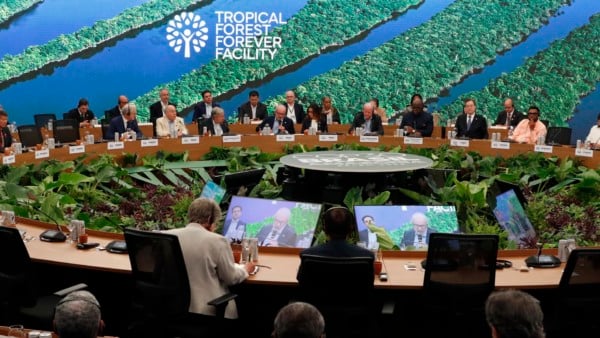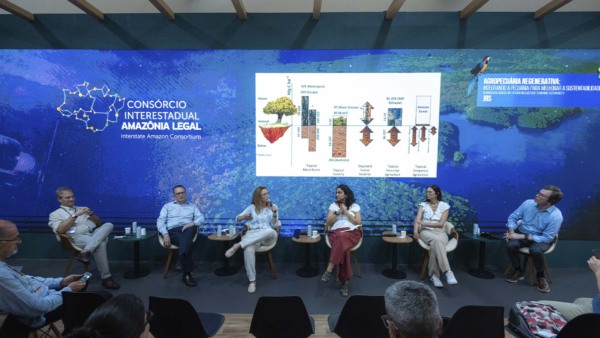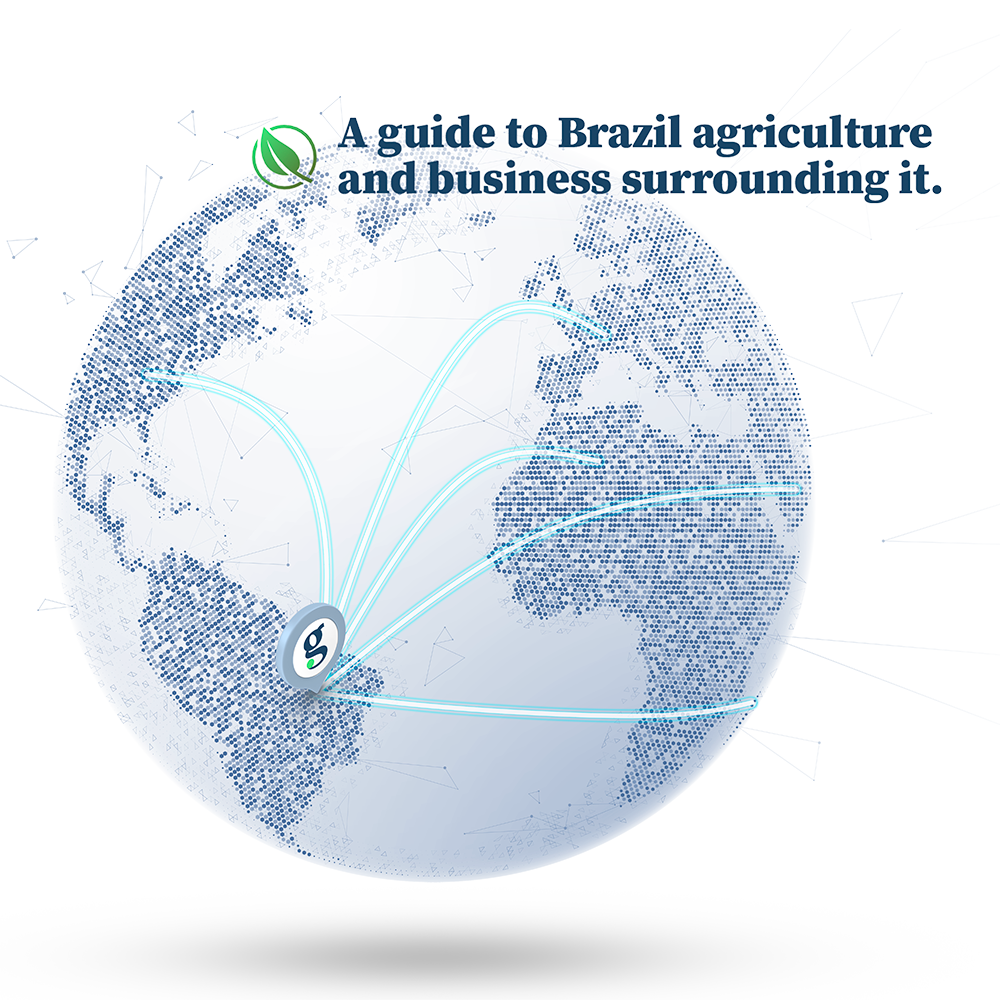
The COP30 climate conference in Belém is likely to be more pragmatic and open to private-sector participation than previous editions, according to Ricardo Mussa, chair of the Sustainable Business COP (SB COP) — a global initiative led by Brazil’s National Confederation of Industry (CNI) aiming to influence negotiators’ priorities at the summit.
“Each COP has left a legacy. Paris had its emission targets, Dubai discussed the end of fossil fuels, and Baku delivered $300 billion in financing,” Mussa said in an interview with The AgriBiz. “The legacy of Brazil will be an action plan.”
Geopolitical tensions and the absence of the United States at COP30, he added, make a global consensus unlikely — and that will push this COP toward a more pragmatic agenda.
“Instead of talking about new targets and new support, this time we’ll focus on what needs to be done. This is a more pragmatic COP, and the contribution of SB COP is to show the path forward through concrete examples.”
Private Sector’s Role
As roughly 85% of global emissions come from the private sector, its involvement on discussions is crucial, Mussa said. As chair of SB COP, he coordinated efforts to collect and refine private-sector recommendations for negotiators heading to Belém, drawing input from more than 60 business associations representing 41 million companies worldwide.
Eight working groups were formed to address different themes. The food systems group, led by JBS Global CEO Gilberto Tomazoni, identified as a top priority the creation of a carbon measurement model tailored to tropical agriculture.
“We’re trying to influence Brazilian negotiators so that the priorities identified by each group make it onto the agenda,” Mussa said. “Every country is doing the same with their own teams.”
If he had to pick a single recommendation to address, Mussa said it would be to make carbon markets work. “Of everything I’ve seen, what we need most is a functioning carbon market. The private sector should focus on getting carbon accounting right and supporting a global carbon market,” he said.
The current carbon accounting framework, developed about 30 years ago, needs updates to gain credibility, he added. “We must improve carbon accounting — and we already have the science and technology to do it.”
Case Studies
Beyond policy recommendations, SB COP compiled 48 corporate case studies selected from more than 1,500 submissions, showcasing climate solutions that delivered both financial returns and measurable environmental impact.
In the food systems category, six projects were chosen — four of them from Brazil: Fazenda Roncador’s regenerative agriculture and crop-livestock integration program; JBS’s Green Offices initiative; Bayer’s Pro Carbono program; and Nestlé’s regenerative agriculture program for coffee growers.
Projects had to meet strict criteria: less than three years of implementation, proven financial performance, measurable climate impact, and potential to scale and replicate. Eight international consulting firms helped evaluate why these initiatives worked — and what lessons they offer to policymakers.
“When you have a concrete example, it’s hard for anyone to argue against it,” Mussa said. “It flips the dynamic — instead of the state guiding the private sector, the private sector begins to lead public policy.”
A Brazilian Creation
The SB COP model, a Brazilian creation, is expected to become a legacy for future UN climate conferences. Inspired by the B20 Brazil, a business forum also coordinated by CNI during last year’s G20 Leaders’ Summit in Rio de Janeiro, the initiative is designed to keep private-sector expertise at the core of global climate discussions.
“In the end, every country hosting future COPs — whether Australia or Turkey — will likely adopt the same process,” Mussa said. “It’s an incentive for host nations to invest time and expertise from the private sector. We’re very satisfied with the results and expect a huge impact in channeling investment toward the Amazon region.”








